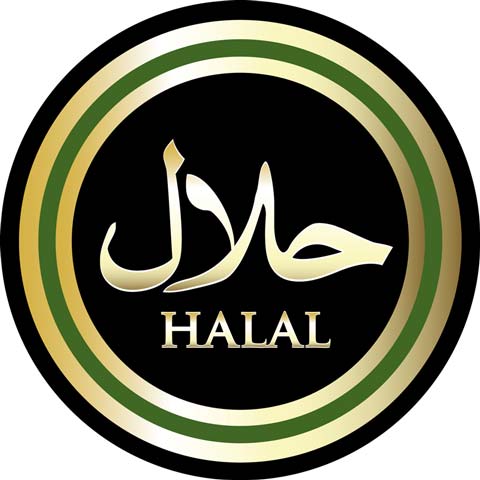
Jewish and Muslim leaders have accused the European Union of “naked discrimination” by ordering the compulsory labelling of all kosher and halal meat.
An advisory group of imams and rabbis at the Office of the Chief Rabbi, Lord Sacks, said it was wrong to single out meat acceptable to some communities while not requiring the identification of conventional methods of slaughter.
MEPs voted overwhelmingly by 559 to 54 in favour of labelling meat from slaughterhouses that do not practise stunning, to inform secular consumers or those concerned with animal welfare how the animal died.
Millions of cows, goats and chickens bleed to death each year in the UK after having their throats slit under Muslim and Jewish slaughter techniques. The practices are exempt from legislation requiring animals to be numbed to pain, but animal welfare groups and the Government’s veterinary experts say they are cruel and should be ended.
The RSCPA supports compulsory labelling because, although religious meat is well identified in kosher and halal butchers, some surplus meat enters the general food chain. The UK has stopped keeping statistics, but Meat Hygiene Service figures from 2004 suggest that 114 million halal animals and 2.1 million kosher animals are killed annually. One Muslim organisation, the Halal Food Authority, insists on stunning, but other halal and almost all kosher slaughterhouses say stunning would violate their interpretation of religious texts.
The imams’ and rabbis’ advisory group and the inter-faith organisation Faith Matters complained that the ruling would not apply to other slaughter methods such as electrocution, which involves stunning.
“Faith leaders have said that these regulations unfairly target kosher and halal products, as conventional stunning methods have a 9 per cent failure rate and may also cause pain to animals,” it said. They added: “We support the concept of fair and universal labelling but believe that such an amendment is naked discrimination. It singles out religious communities who have been careful to undertake humane food preparation for hundreds, if not thousands, of years.”
Labelling is unlikely to come into force for some time because it requires approval from EU member states and a second reading in the European Parliament. Once adopted, large food businesses will have three years to adapt to the rules and smaller operators five years to comply.
Religious slaughter is banned in Switzerland, Sweden, Norway and Iceland. The British Veterinary Association says all animals should be stunned before slaughter but, where that does not happen, religiously-slaughtered meat should be labelled to inform shoppers what they are buying.
Last year, the Government’s veterinary advisers, the Farm Animal Welfare Council, said chicken and turkeys were likely to be conscious for up to 20 seconds after an incision across their neck. “Such a large cut will inevitably trigger sensory input to pain centres in the brain,” it said. “Such an injury would result in significant pain and distress before insensibility supervenes.”
Source: The Independent By Martin Hickman, Consumer Affairs Correspondent